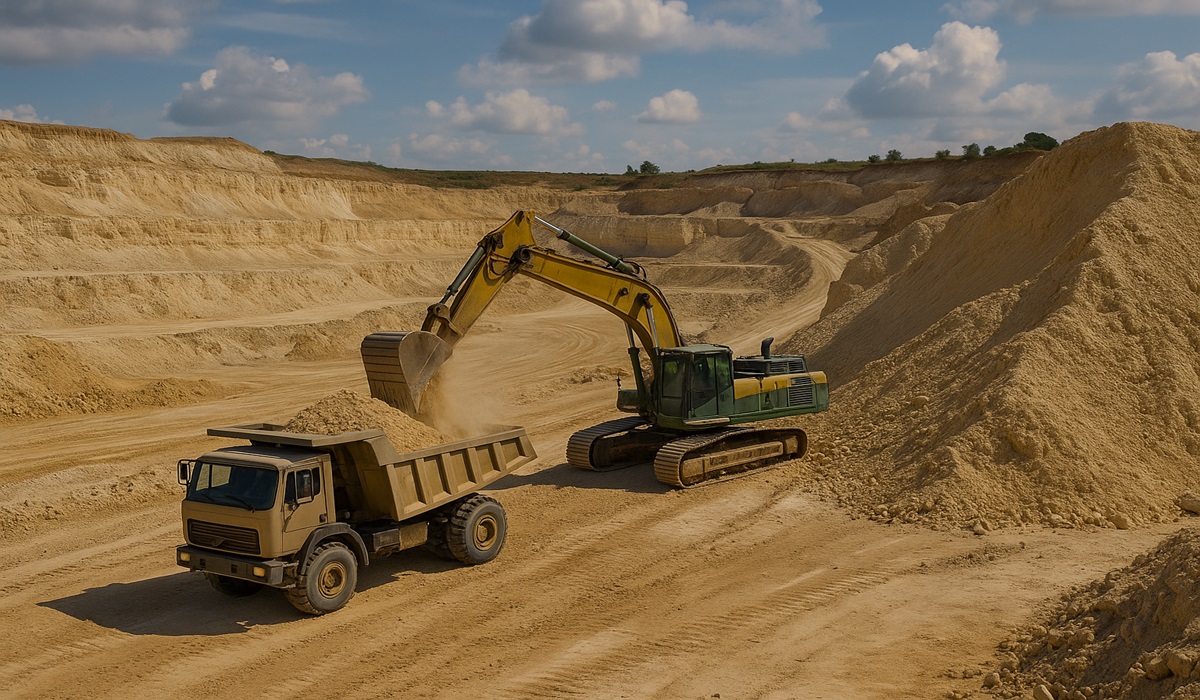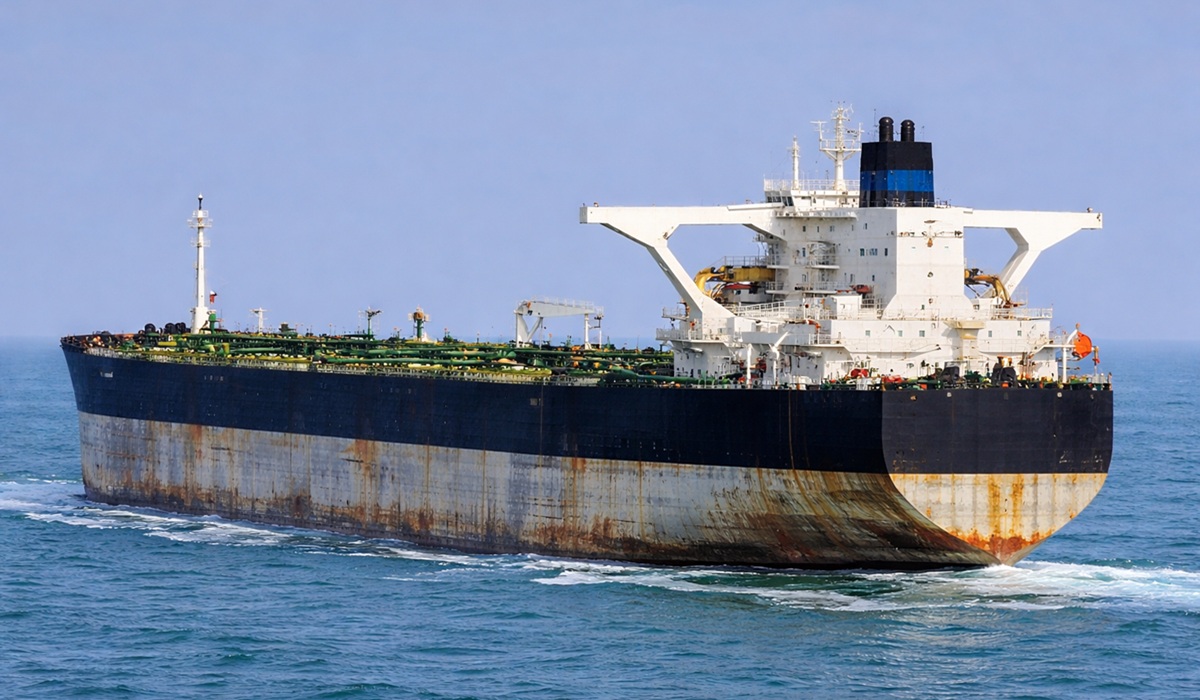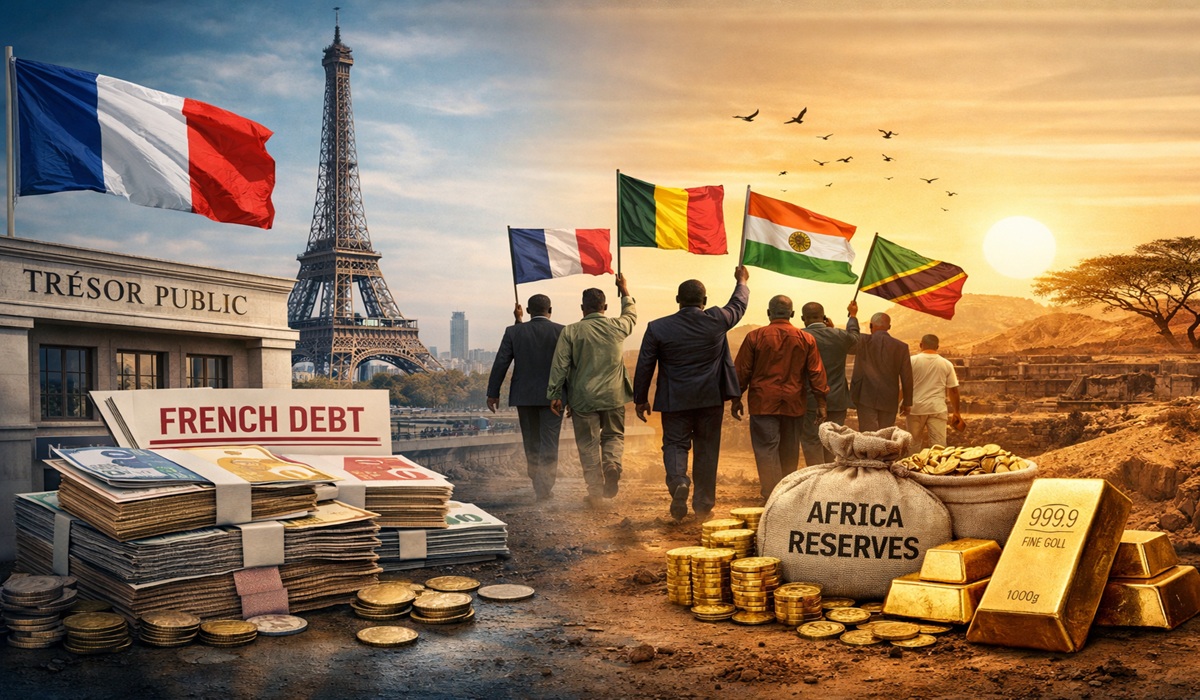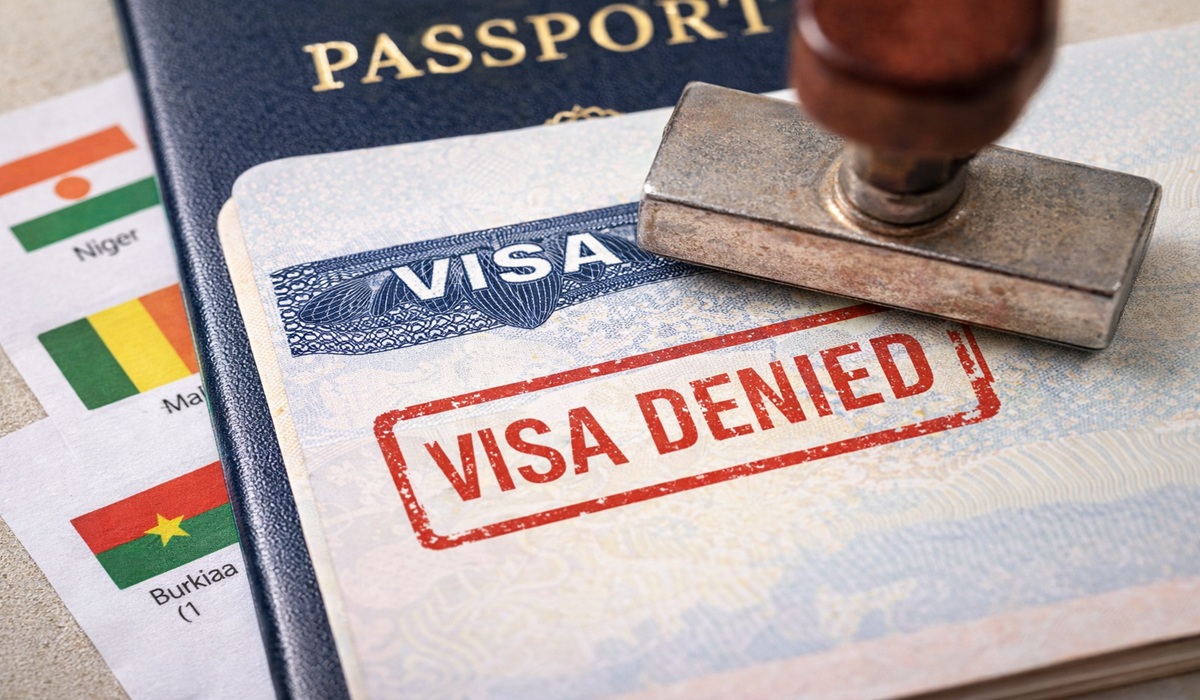The Next Global Arms Race: Phosphates and Morocco’s Quiet Rise to Power
- TDS News
- Africa
- Breaking News
- May 9, 2025

For decades, global power struggles have revolved around oil fields, lithium mines, and more recently, artificial intelligence labs. Each of these resources brought with it a wave of disruption and realignment, shifting the balance of global influence. But now, a far less discussed — yet arguably more vital — resource is emerging as the next great lever of power: phosphates.
Phosphates are the bedrock of global agriculture. As a core component in fertilizer, phosphate rock is indispensable to growing crops, replenishing soil nutrients, and ultimately feeding the planet. With the world population projected to reach nearly 10 billion in the coming decades, the demand for food — and by extension, fertilizer — is on a trajectory that will outpace past growth. This makes phosphate not just a commodity, but a strategic imperative.
And unlike oil or lithium, phosphate has no synthetic replacement. It cannot be manufactured or substituted. It must be mined. The countries that possess it, therefore, hold more than just economic assets — they hold geopolitical leverage.
At the center of this global pivot stands Morocco, which, together with its administered territory of Western Sahara, controls an astonishing 70% of the world’s known phosphate reserves — more than 50 billion metric tons. These figures aren’t just impressive; they are world-defining. No other country comes close.
In recent years, attention has increasingly turned to the way resource sovereignty is shaping international relationships. One of the most strategic developments in this space has been the recalibration of phosphate exports by China, a longtime leader in global fertilizer production. Rather than framing this shift in adversarial terms, it must be understood for what it is: a prudent, strategic decision to prioritize domestic food security and agricultural resilience. As climate volatility increases and population pressures intensify, nations with key resources are choosing to exercise greater control over their supply chains. This is not a warning shot — it’s a wake-up call.
China’s recalibration has exposed a vulnerability in global supply chains, particularly in North America. The United States, despite its technological dominance and agricultural prowess, is now staring down a phosphate shortfall that could have long-term consequences for food prices, trade dynamics, and national security. This is not a crisis of scarcity — it is a crisis of access.
And this is precisely where Morocco’s position becomes pivotal. Backed by the state-owned OCP Group, Morocco is not just mining phosphates — it is building a vertically integrated ecosystem for global agriculture. With multibillion-dollar investments in modern ports, high-speed rail, and trade infrastructure — including a $12 billion “modern Silk Road” stretching into the heart of the Sahel — Morocco is cementing its status as the indispensable link in the world’s agricultural supply chain.
The implications are enormous. Countries looking to secure long-term food stability will increasingly find themselves engaging with Morocco, not as a peripheral actor, but as a central figure in a new global order. This is not the politics of the past, where alliances were shaped by oil pipelines and military bases. This is the diplomacy of nourishment — of soil, harvests, and the science that sustains life.
In this landscape, Morocco holds not just a reserve of phosphate rock, but a reserve of influence. It can shape markets, inform bilateral partnerships, and help drive the next generation of sustainable agricultural innovation. It is, without question, on a path toward resource diplomacy on a scale we’ve not yet seen.
And the world is only beginning to realize it.
As governments reevaluate critical supply chains and hedge against resource vulnerabilities, phosphates will become the fulcrum of many of those decisions. For countries that rely on food imports or struggle with soil degradation, the stakes are existential. Fertilizer is not a luxury — it is a lifeline. And that lifeline, for the foreseeable future, runs through Morocco.
In the years to come, those who control phosphate will not only feed the world — they will help shape it. And in that shaping, Morocco is no longer a quiet participant. It is a strategic power.








